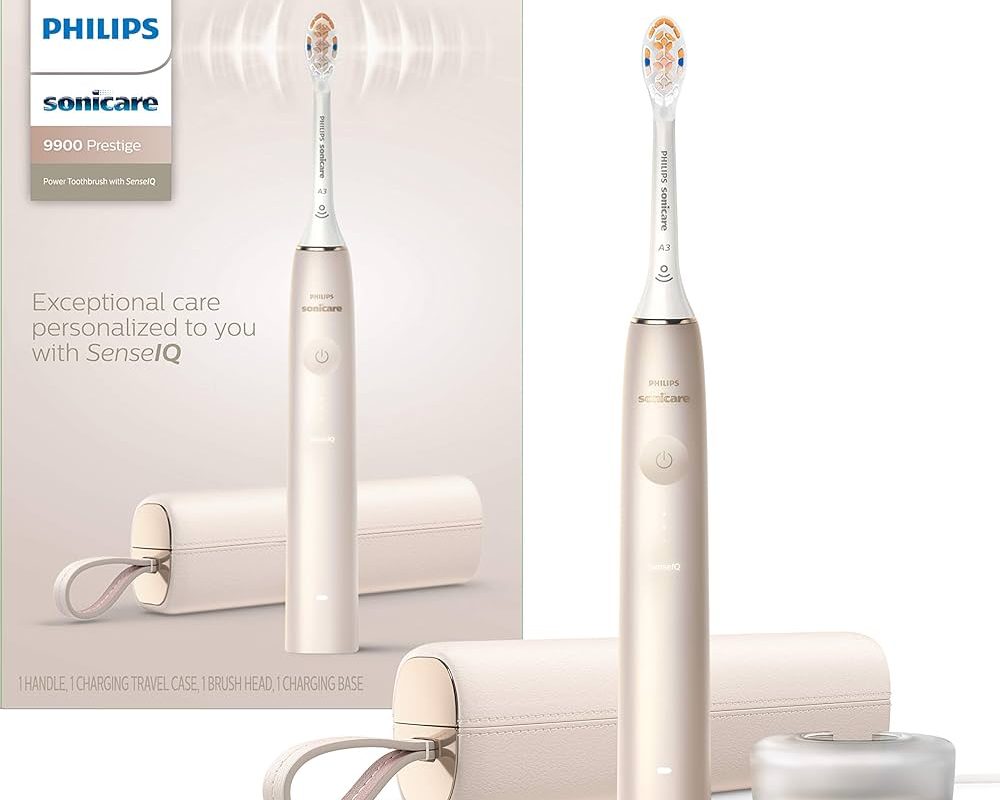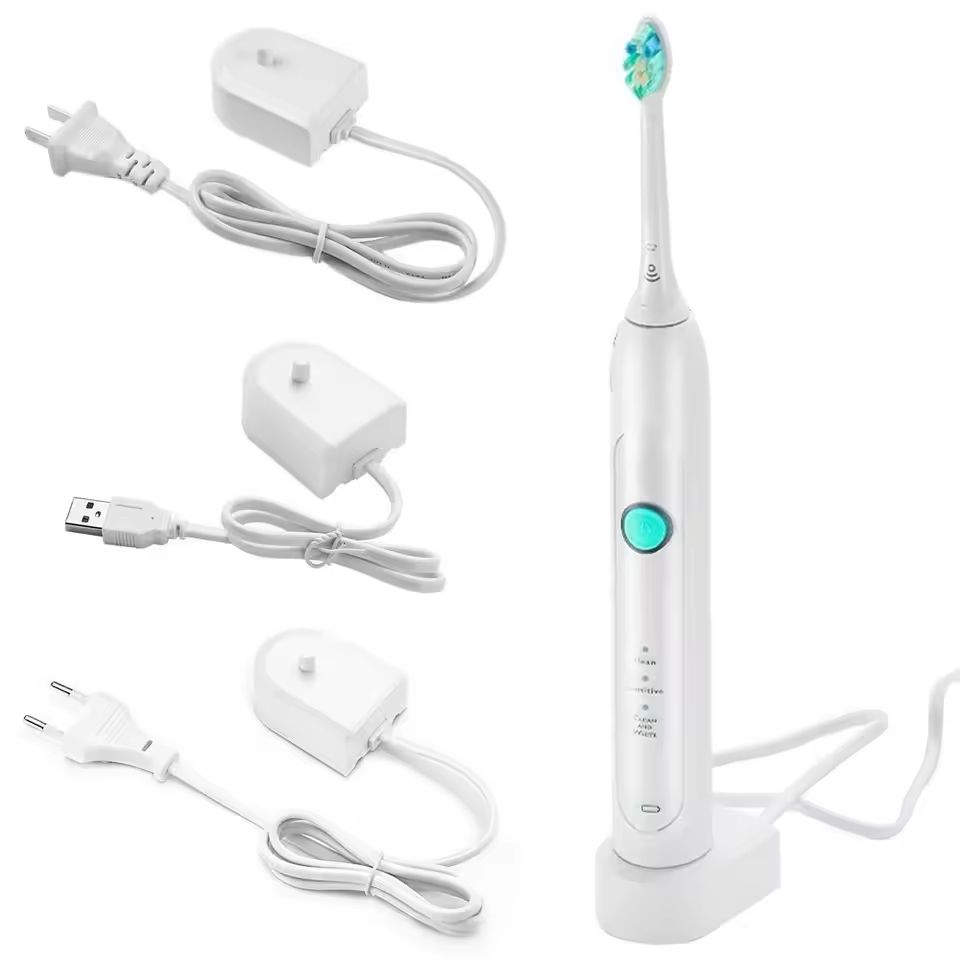Introduction
Electric toothbrushes have gained popularity due to their effectiveness in maintaining oral hygiene. However, concerns have arisen regarding their potential impact on tooth enamel. In this article, we will explore the effects of electric toothbrushes on tooth enamel, including potential risks, advantages, and best practices for maintaining enamel health.
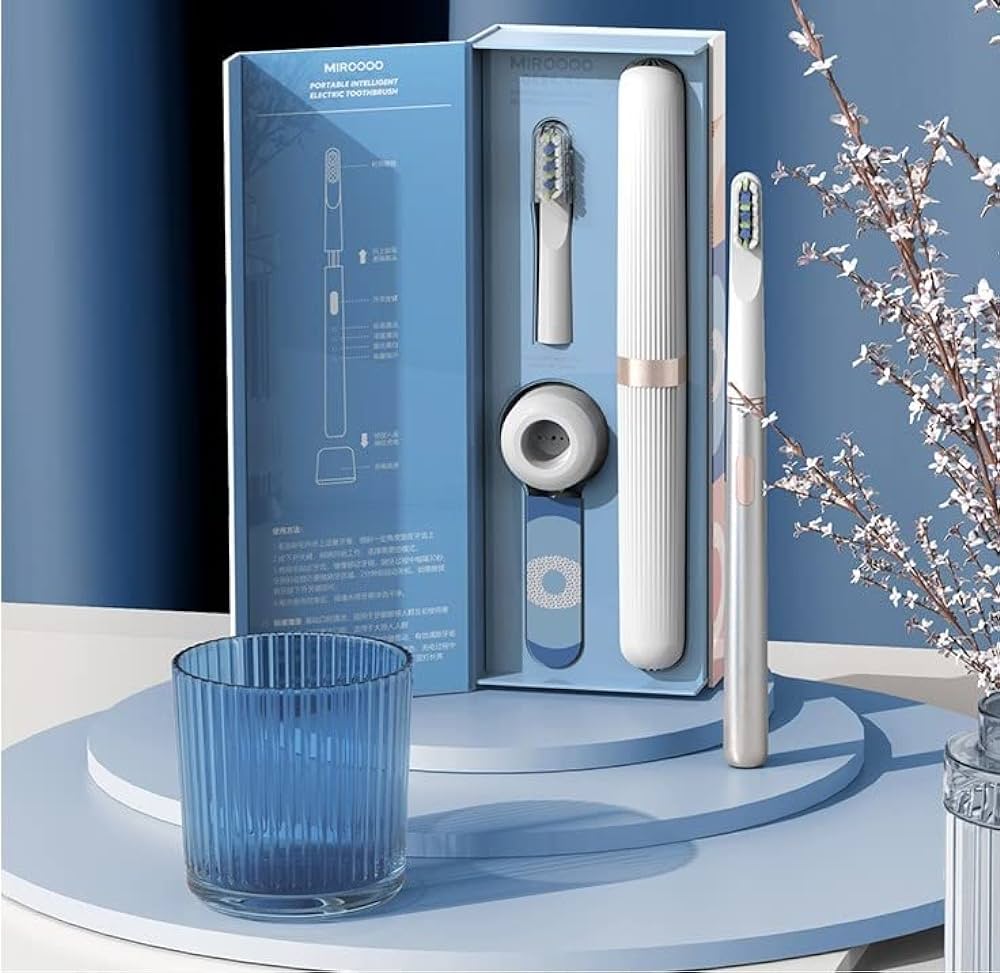
Is electric toothbrush bad for enamel?
Vibrations and enamel wear
One concern about electric toothbrushes is that the rapid vibrations or rotations of the brush head may contribute to enamel wear. Enamel is the outermost layer of the teeth and serves as a protective barrier. While it is highly resistant to wear, excessive or aggressive brushing with an electric toothbrush can potentially lead to enamel erosion over time.
Soft bristles and enamel protection
To reduce the risk of enamel wear, it is important to choose an electric toothbrush with soft bristles. Soft bristles are gentle on the teeth and gums, minimizing the potential for enamel erosion. Brushing with soft bristles helps maintain enamel integrity while effectively removing plaque and debris.
Proper brushing technique
Brushing technique plays a crucial role in enamel health, regardless of the type of toothbrush used. When using an electric toothbrush, it is important to apply only light pressure and let the brush head do the work. Avoid excessive scrubbing or aggressive movements that can potentially damage the enamel. Gentle, circular motions along the gum line and tooth surfaces are recommended for optimal plaque removal without causing enamel wear.
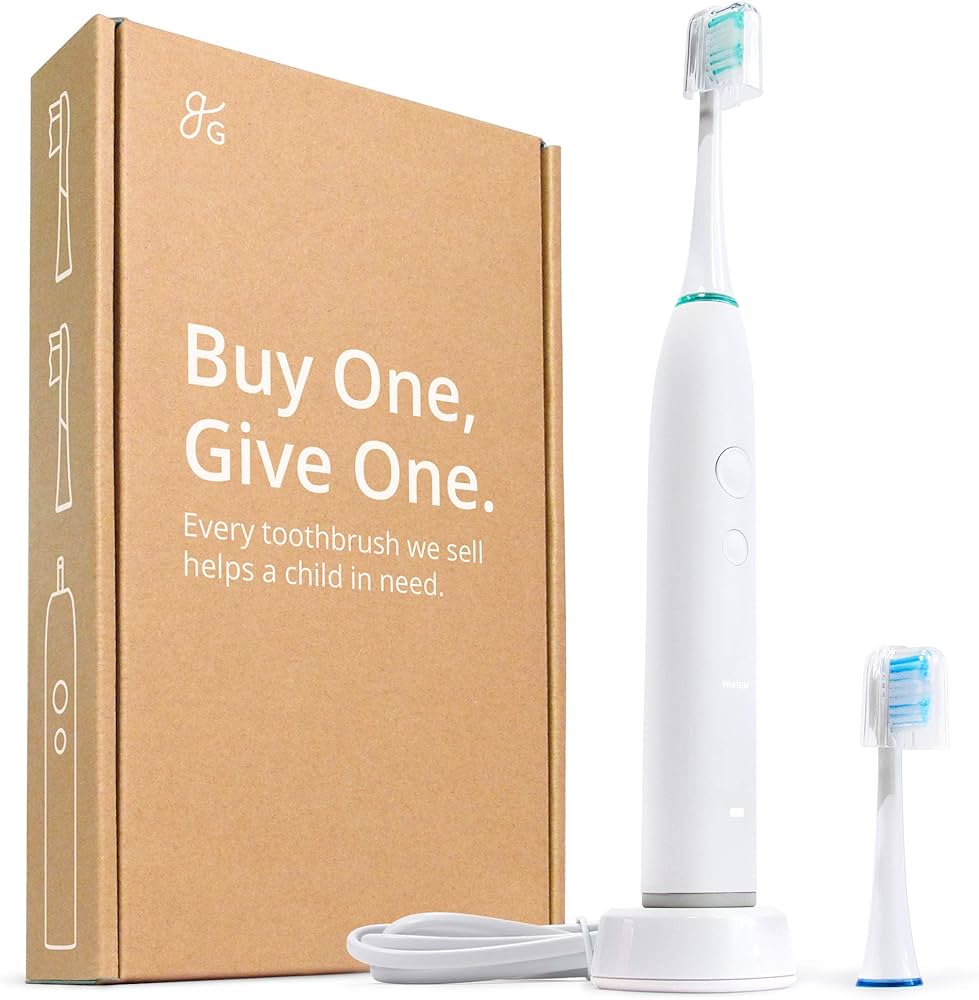
Avoiding excessive brushing time
Another consideration for preserving enamel health is avoiding excessive brushing time. Overbrushing, whether with a manual or electric toothbrush, can contribute to enamel wear and sensitivity. Dentists generally recommend brushing for about two minutes, twice a day. Following the recommended brushing time ensures thorough cleaning without subjecting the enamel to prolonged exposure to brushing forces.
Advantages of electric toothbrushes for enamel health
Despite concerns, electric toothbrushes offer advantages that can contribute to enamel health:
Consistent brushing motion: Electric toothbrushes provide a consistent and controlled brushing motion, reducing the risk of uneven pressure or aggressive brushing that can damage enamel.
Effective plaque removal: Electric toothbrushes with oscillating or sonic technology can effectively remove plaque from the teeth, helping to maintain a clean oral environment and minimize the risk of enamel erosion.
Built-in timers: Many electric toothbrushes come with built-in timers that ensure brushing for the recommended two minutes. This helps individuals avoid excessive brushing time that could potentially harm enamel.
Pressure sensors: Some electric toothbrushes are equipped with pressure sensors that alert users when they are applying excessive force. This feature helps prevent aggressive brushing that can lead to enamel wear.
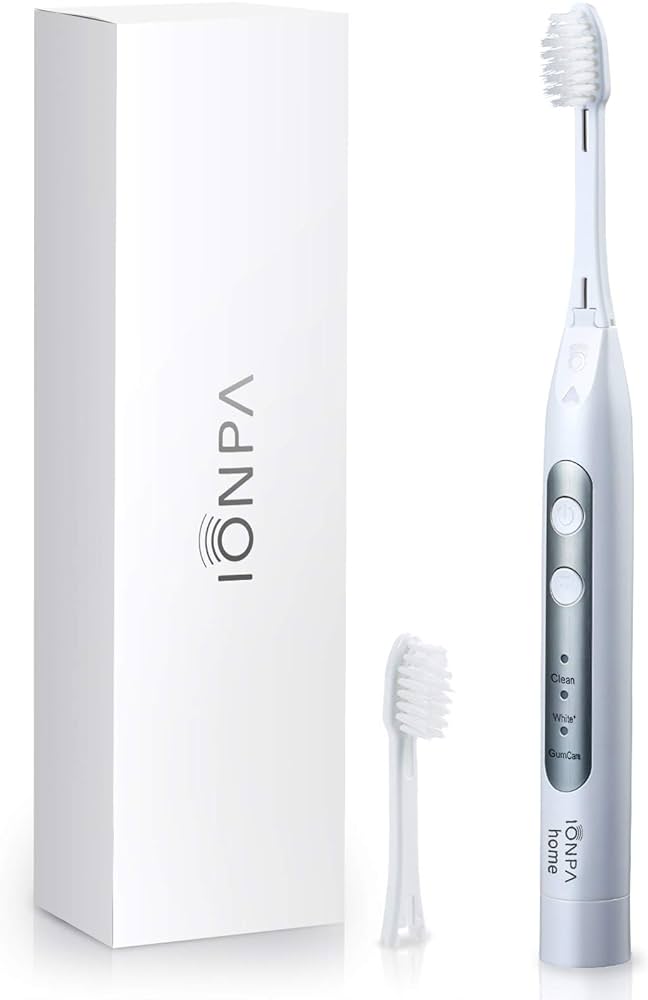
Protecting enamel health
To protect enamel health while using an electric toothbrush, consider the following tips:
Choose the right brush head: Opt for a brush head with soft bristles that are gentle on the teeth and gums. Replace the brush head regularly, following the manufacturer’s recommendations, to maintain optimal cleaning performance.
Follow recommended brushing technique: Use light pressure and gentle, circular motions when brushing with an electric toothbrush. Pay attention to the gum line and all tooth surfaces, ensuring thorough cleaning without causing enamel wear.
Use fluoride toothpaste: Fluoride is essential for enamel health as it helps strengthen and remineralize the teeth. Brushing with fluoride toothpaste can help protect enamel and prevent tooth decay.
Limit acidic food and drinks: Acidic food and drinks can weaken enamel. Limiting consumption and rinsing the mouth with water after consuming acidic substances can help minimize the risk of enamel erosion.
Regular dental check-ups: Regular visits to the dentist are crucial for maintaining enamel health. Dentists can assess enamel integrity, identify any signs of erosion, and provide appropriate guidance and treatment to preserve enamel.
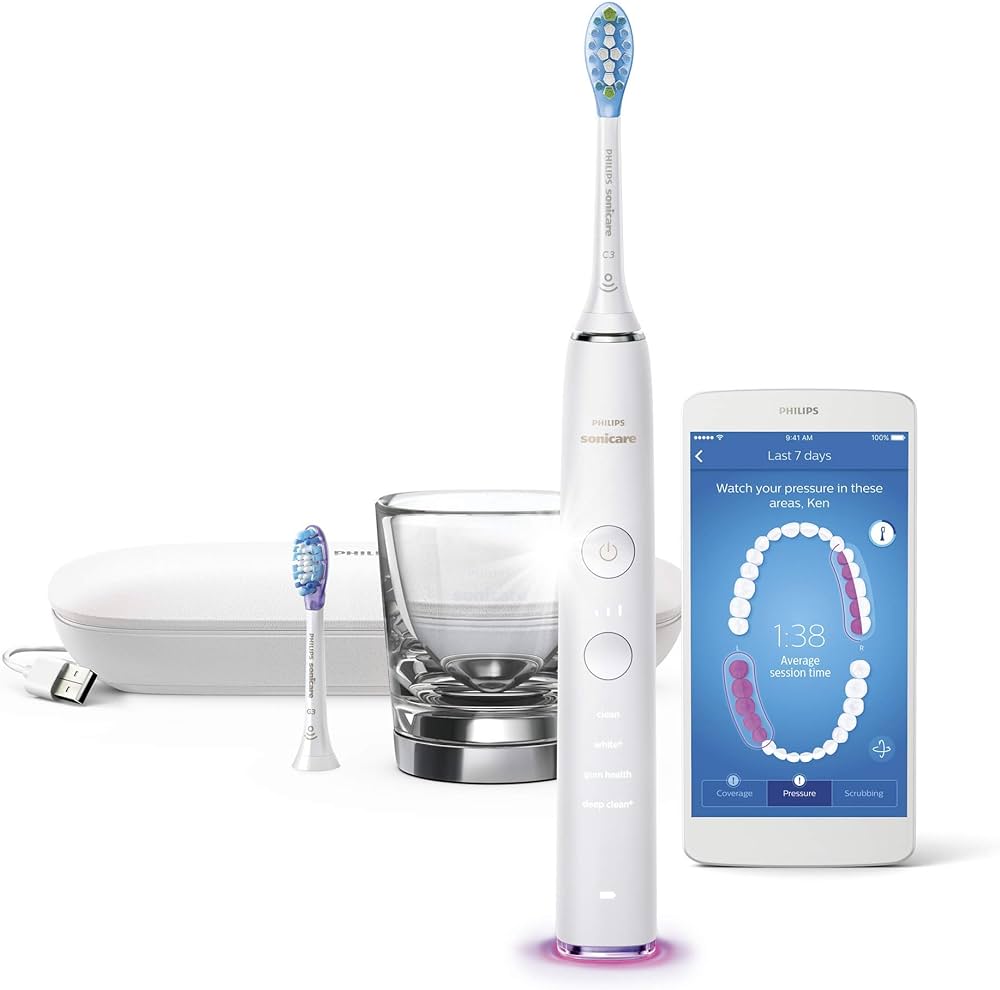
Addressing specific concerns
In addition to the general considerations for enamel health when using an electric toothbrush, it is worth addressing specific concerns that individuals may have:
Enamel erosion: Enamel erosion occurs when the enamel gradually wears away due to acidic substances, aggressive brushing, or other factors. While electric toothbrushes can contribute to enamel wear if used improperly, it is important to note that enamel erosion is a multifactorial issue. Maintaining a balanced diet, avoiding excessive consumption of acidic foods and drinks, and following proper oral hygiene practices—such as using a soft-bristled electric toothbrush—can help mitigate the risk of enamel erosion.
Tooth sensitivity: Some individuals may experience increased tooth sensitivity after using an electric toothbrush. This sensitivity can occur due to various reasons, including enamel wear, gum recession, or underlying dental conditions. If tooth sensitivity persists or worsens, it is advisable to consult with a dental professional for a thorough evaluation and appropriate treatment.
Enamel remineralization: Enamel remineralization is the process by which minerals, such as calcium and phosphate, are deposited back into the enamel structure, strengthening and repairing it. While electric toothbrushes alone cannot facilitate enamel remineralization, they contribute to overall oral health by effectively removing plaque and maintaining a clean oral environment. Regular brushing with fluoride toothpaste, a balanced diet, and professional dental care can support the natural remineralization process.
Individual considerations: It is essential to acknowledge that each individual may have unique oral health needs and considerations. Factors such as existing dental conditions, medications, and genetic predispositions can influence enamel health. Therefore, it is advisable to consult with a dental professional for personalized guidance and recommendations based on individual circumstances.
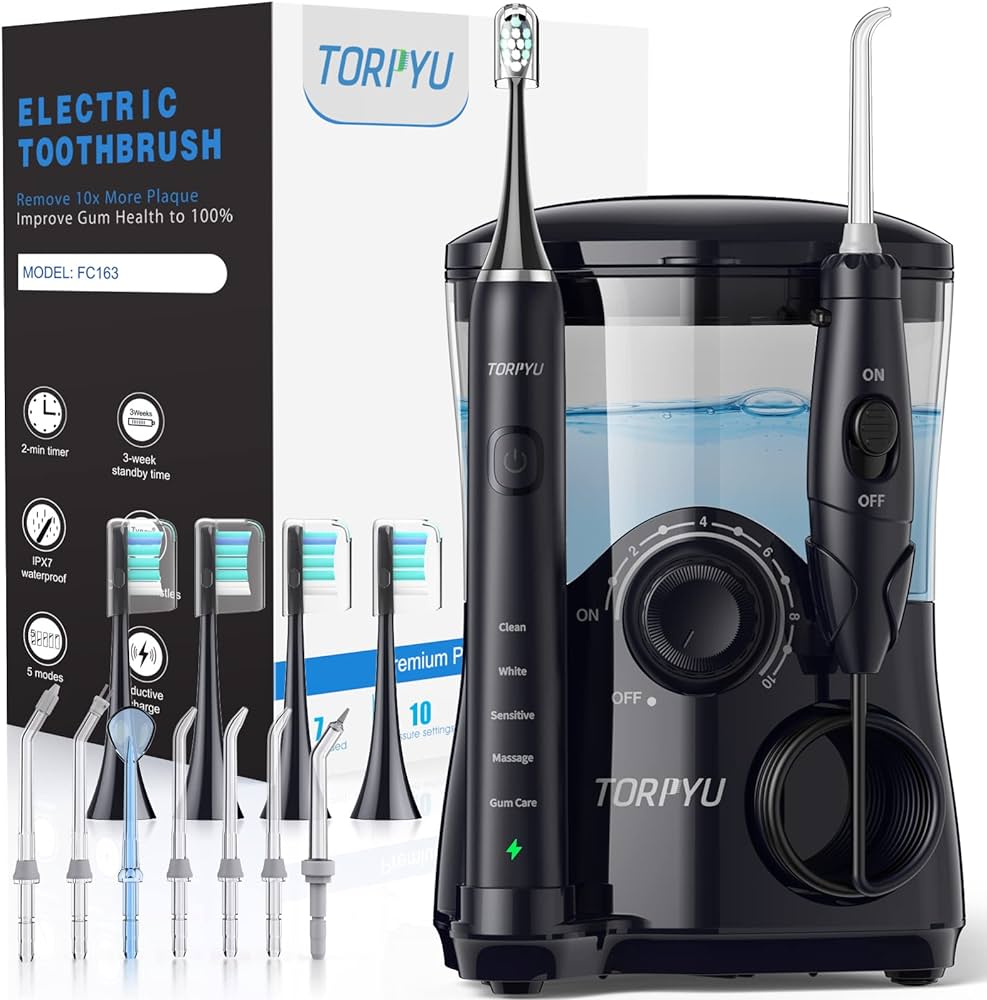
Conclusion
Electric toothbrushes, when used correctly, can be a valuable tool in maintaining oral health. While concerns about enamel wear exist, the risks can be minimized by choosing an electric toothbrush with soft bristles, using proper brushing technique, and following recommended brushing time. Electric toothbrushes offer advantages such as consistent brushing motion, effective plaque removal, built-in timers, and pressure sensors that contribute to enamel health. Combining the use of an electric toothbrush with fluoride toothpaste, limiting acidic food and drinks, and regular dental check-ups can help protect enamel and maintain optimal oral health. By practicing good oral hygiene habits and following these guidelines, individuals can enjoy the benefits of an electric toothbrush while preserving enamel health.

